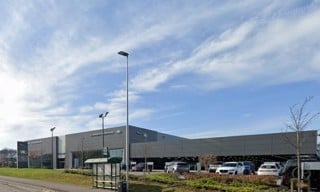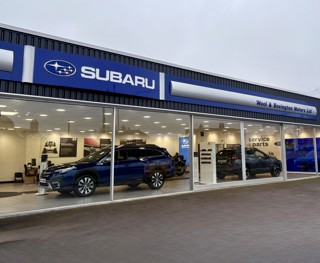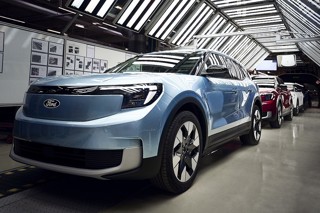The Court of Appeal has today (Friday July 30) ruled in favour of a group of five motor dealers seeking compound interest from HM Revenue & Customs (HMRC) on VAT repayments.
The group of dealers challenged the previous decision by the Upper Tribunal, which had ruled last year that their claims for compound interest were made outside the relevant time-limits.
Today the Court of Appeal decided the dealers had indeed made their appeals to the Tax Tribunal in time.
This means the Court should now address the main question of the case, namely whether the dealers must be awarded compound interest on VAT repayments from HMRC under VAT legislation.
For many years, motor dealers overpaid VAT on bonuses received from car manufacturers and on the sale of demonstrator cars, as a result of HMRC’s incorrect interpretation of VAT law.
HMRC corrected its position on these two issues in 1996-7. As a result of a European Court of Justice’s decision in 2002, businesses of all kinds were able to seek repayment of VAT that they had overpaid between 1 April 1973 (when VAT was introduced into the UK) and 4 December 1996.
As a result, motor dealers made claims seeking repayment of VAT that they had overpaid on bonuses received and on the sale of demonstrator cars. Where HMRC agreed to repay the VAT, this left the question of how to calculate interest on the repayment.
HMRC’s view was that simple interest should be paid at a statutory rate (which, since 1998, has been 1% below the average base rate of leading banks).
The motor dealers were among many taxpayers who considered that interest should be paid on a compound basis and at a higher rate.
The dealers were then faced with the following difficulty: VAT law did not make it clear whether the VAT Tribunal (which on 1 April 2009 became the Tax Tribunal) was the correct forum in which to seek compound interest.
Some have chosen to appeal to the Tax Tribunal, and it is those lead cases seeking compound interest which the Court of Appeal has ruled on today.
Others have chosen to seek redress by another route, namely by making a civil law claim against HMRC in the High Court.
It is estimated that the extra interest could total in excess of £1bn.
Tony McClenaghan, head of the tax dispute resolution group at Deloitte, which acts for one of the five dealers, says: “This is a reassuring decision by the Court of Appeal, which has recognised the difficulties taxpayers have faced in this area when seeking to enforce their rights.
"We hope the Court can now address the question of whether the UK VAT legislation must award taxpayers compound interest, although it is likely this point will need to be referred to the European Court of Justice.
" Taxpayers should be cautiously optimistic, but not expect this litigation to conclude in the near future.”
Mike Jones of ASE, which represents four of the five lead appellants in the compound interest project, said: "It is important to point out that the Court of Appeal only dealt with the time-limit issue and a further hearing will be necessary to determine whether or not taxpayers are entitled to compound interest."
A full hearing in relation to this issue is likely to be delayed until such time as the Supreme Court has decided whether to allow HMRC to appeal against the decision of the Court of Appeal in relation to the time-limit issue.
"This verdict is a great result for the motor trade as it means that the majority of dealers fall within the time limits for making a claim for compound interest," said Jones.
"Whilst the issue of the right to compound interest has yet to be decided upon, this is the first step along the road to a welcome repayment for thousands of dealers.”
HMRC is seeking permission to appeal the Court of Appeal’s decision to the Supreme Court.


















Login to comment
Comments
No comments have been made yet.